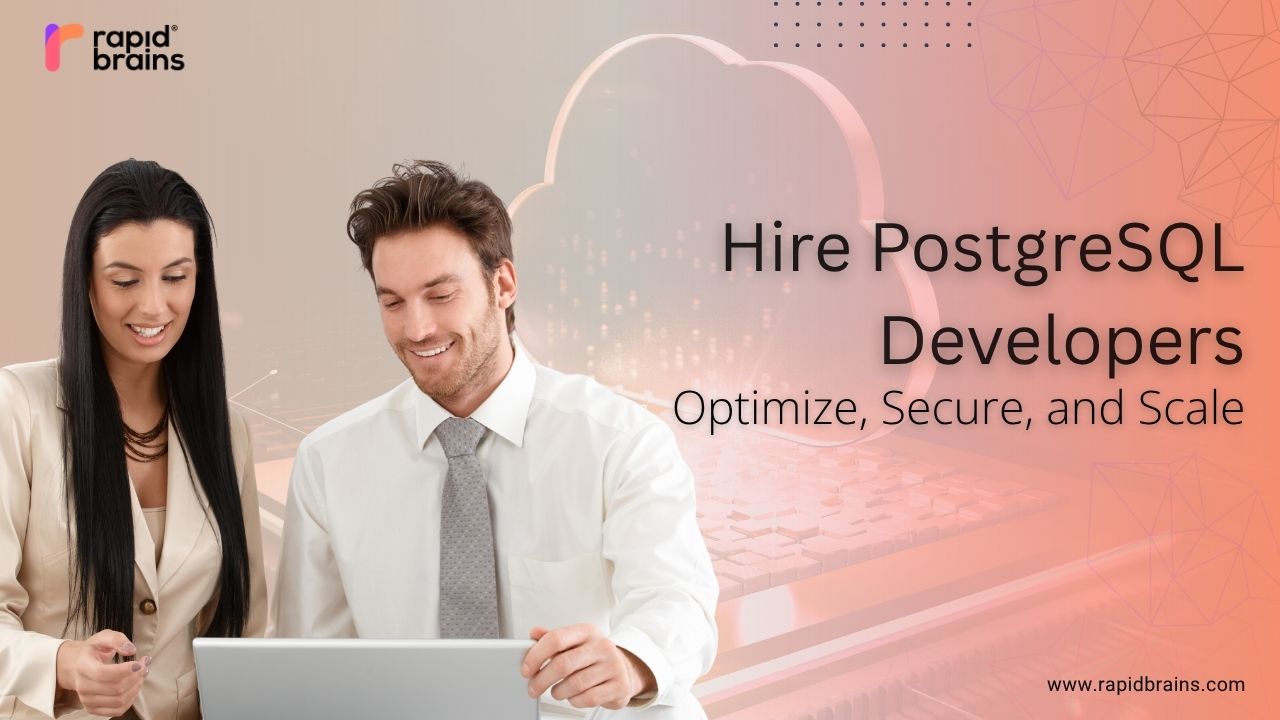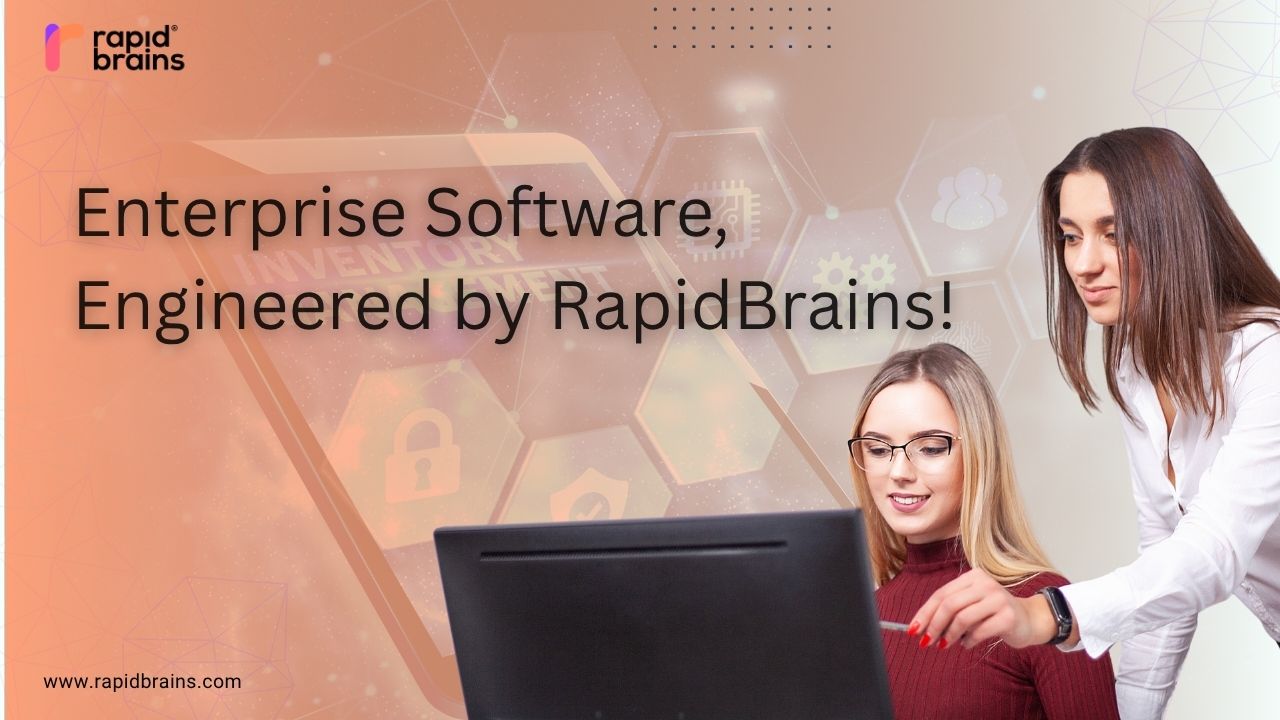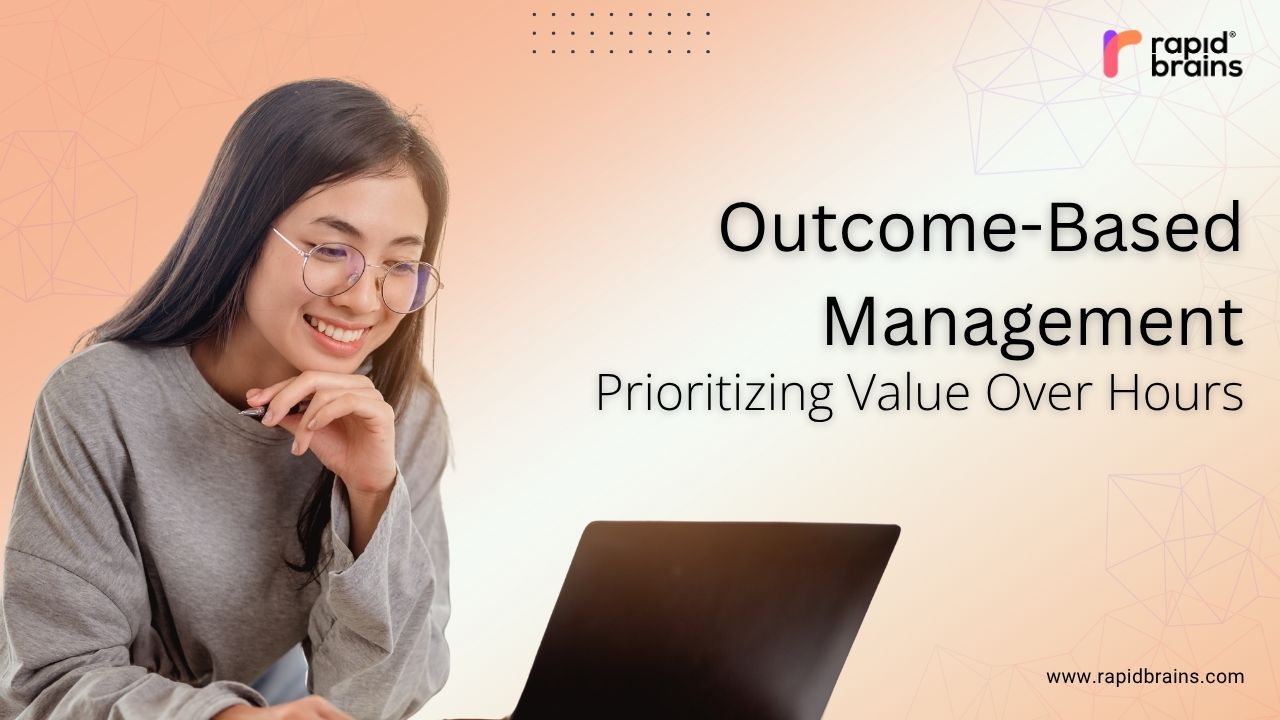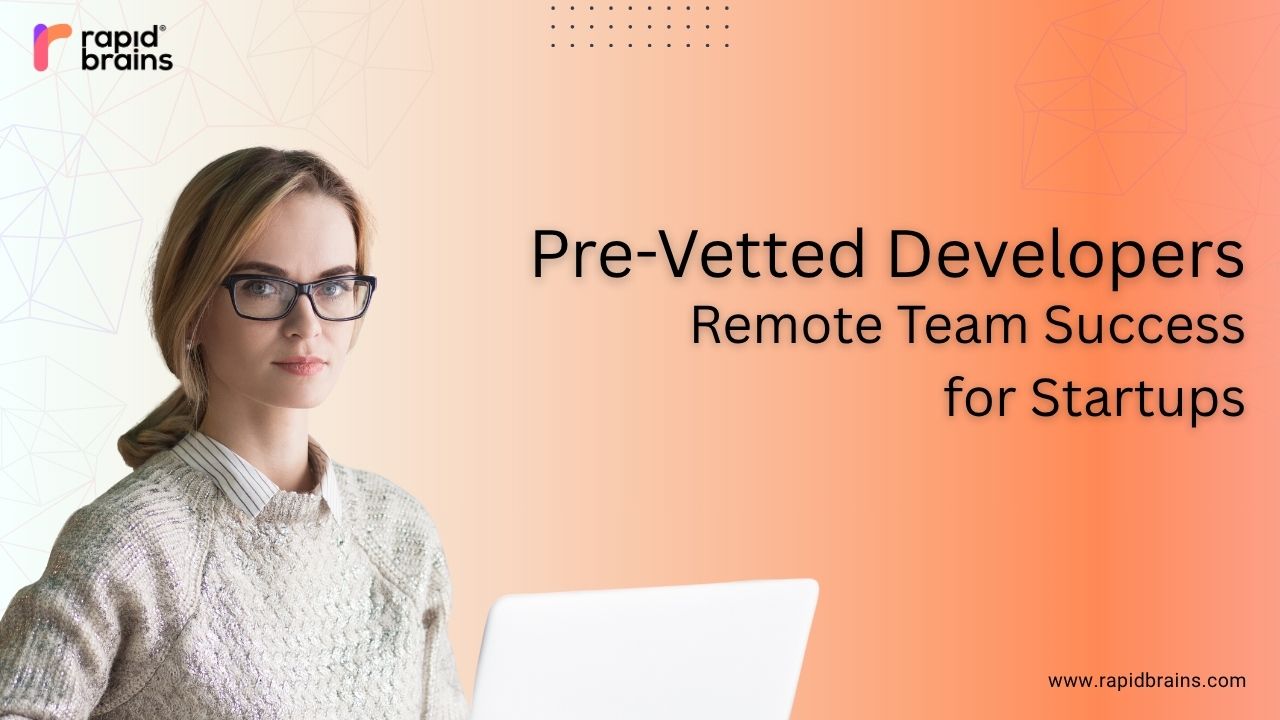
Introduction
In today’s digital age, the demand for PHP developers is on the rise. As businesses expand globally and embrace remote work, the need for remote PHP developers has never been greater. However, finding and hiring exceptional remote PHP developers for your team can be a daunting task. In this guide we will walk you through the process of top-tier remote PHP developers that will help take your projects to the next level.
Understanding the Role of a Remote PHP Developer
Before diving into the hiring process, it is crucial to understand the role of a remote PHP developer. A remote PHP developer is responsible for creating dynamic web applications and websites using the PHP programming language. They are adept at writing clean and efficient code, troubleshooting technical issues, and collaborating with team members to deliver high-quality projects on time.
Identifying Your Needs and Requirements
The first step in hiring remote PHP developers is to identify your specific needs and requirements. Determine the scope of the project, the skills and experience level required, and any specific technologies or tools that the developer must be familiar with. By clearly outlining your expectations, you can attract candidates who align with your project goals.
Crafting an Engaging Job Description
A well-crafted job description is essential for attracting top talent. Highlight the key responsibilities, qualifications, and benefits of the position. Be sure to clearly communicate that the role is remote, and specify any time zone requirements or communication expectations. Use language that resonates with potential candidates and showcases your company culture and values.
Utilizing Online Platforms and Networks
When it comes to hiring remote PHP developers, online platforms and networks are your best friend. Utilize job boards, freelancing websites, and social media platforms to reach a wide pool of candidates. Consider joining PHP developer communities and forums to connect with experienced professionals and tap into industry insights.
Screening and Shortlisting Candidates
Once you have received a pool of applications, it’s time to screen and shortlist candidates. Look for candidates who not only possess the technical skills and experience required but also demonstrate strong communication and collaboration abilities. Conduct thorough interviews to assess their problem-solving skills, work ethic, and cultural fit with your team.
Assessing Technical Skills and Proficiency
Technical skills are a crucial component of hiring exceptional remote PHP developers. Evaluate candidates’ proficiency in PHP, MVC frameworks (such as Laravel or Symfony), database management systems (such as MySQL or PostgreSQL), version control systems (such as Git), and front-end technologies (such as HTML, CSS, and JavaScript). Consider conducting code assessments or technical challenges to gauge their coding abilities.
Evaluating Soft Skills and Communication
While technical skills are important, soft skills and communication abilities are equally valuable in a remote work setting. Look for candidates who demonstrate strong problem-solving skills, adaptability, teamwork, and a proactive attitude. Effective communication is key to successful remote collaboration, so assess candidates’ written and verbal communication skills during the interview process.
Negotiating Compensation and Terms
Once you have identified the ideal candidate, it’s time to negotiate compensation and terms. Be transparent about the salary range, project timeline, expectations, and any additional benefits or perks offered. Consider factors such as payment structure, contract length, and performance incentives to ensure a mutually beneficial arrangement for both parties.
Onboarding and Integration Process
Effective onboarding and integration are essential for setting remote PHP developers up for success. Provide detailed onboarding materials, access to necessary tools and resources, and clear guidelines on project expectations and deadlines. Foster open communication and regular check-ins to establish a strong working relationship and ensure a seamless integration into your team.
Providing Ongoing Support and Feedback
Supporting remote PHP developers beyond the onboarding process is crucial for their long-term success. Offer continuous training and professional development opportunities to help them stay updated on industry trends and technologies. Provide constructive feedback and recognition for their contributions to foster a positive work environment and promote growth within your team.
Monitoring Performance and Productivity
Monitoring performance and productivity is essential for ensuring that remote PHP developers are meeting project goals and deadlines. Track key performance indicators, such as code quality, project completion rates, and client satisfaction metrics. Use project management tools and regular check-ins to evaluate progress, address any challenges or bottlenecks, and make necessary adjustments to optimize productivity.
Cultivating a Collaborative Remote Work Culture
Building a collaborative remote work culture is key to retaining top talent and fostering team cohesion. Encourage open communication, feedback, and knowledge sharing among team members. Organize virtual team-building activities, knowledge-sharing sessions, and cross-functional projects to create a sense of community and belonging among remote PHP developers.
Conclusion
Hiring exceptional remote PHP developers requires a strategic approach, effective communication, and a strong commitment to fostering a collaborative remote work culture. By following the steps outlined in this guide, you can attract, hire, and integrate top-tier PHP developers into your team successfully. Invest time and resources in the hiring process to build a skilled and cohesive remote development team that drives innovation and success.




